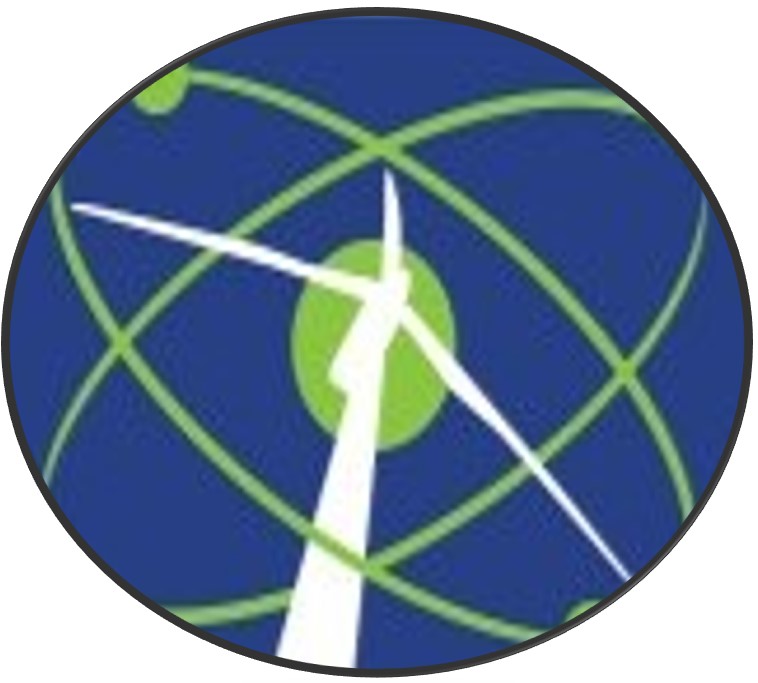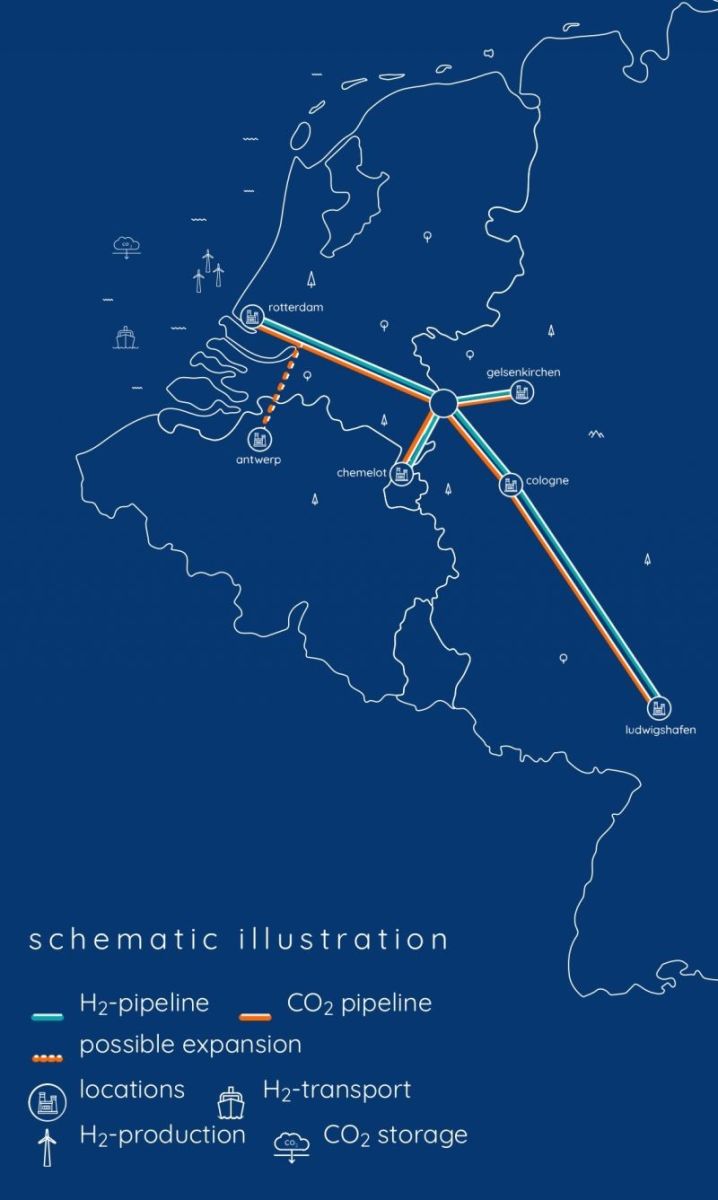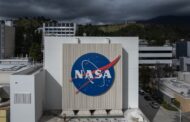Hydrogen and CO₂ Infrastructure in the Delta Rhine Corridor is being simplified and prioritised
The Delta Rhine Corridor is a large-scale initiative to construct underground pipelines from the Port of Rotterdam, via Moerdijk, to Germany. By focusing on hydrogen and CO₂ pipelines, the project will significantly reduce greenhouse gas emissions while providing industry with the essential infrastructure for cleaner production. This will not only help meet climate goals but also strengthen the development of a sustainable economy.
The original DRC plan included multiple modalities, such as ammonia and HVDC cables, but proved too ambitious and complex. Interdependencies and spatial constraints led to significant delays. By narrowing the scope to hydrogen and CO₂ infrastructure, which are critical for industrial decarbonisation, the project can now proceed with a clear timeline, targeting completion between 2031 and 2033. This clarity gives businesses the confidence to invest in sustainable technologies and positions the Netherlands as a global hydrogen hub and leader in CO₂ storage.
Ammonia pipelines and HVDC cables, originally part of the DRC, have been excluded for now due to insufficient development and planning challenges. For HVDC cables, vital for transporting offshore wind energy to the mainland, delays could push completion to 2040. Efforts to identify alternative routes are being expedited.

















